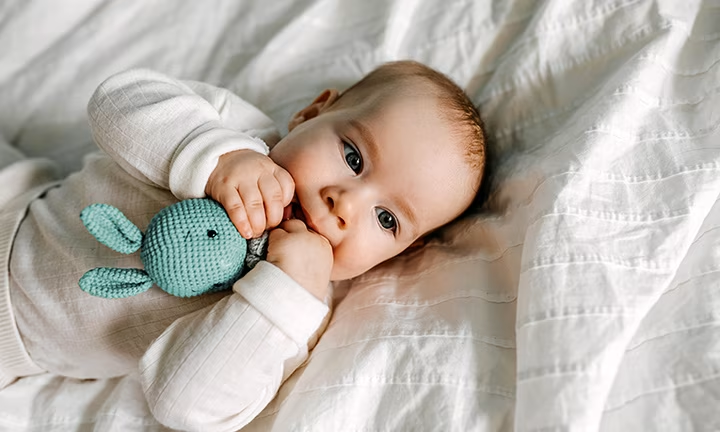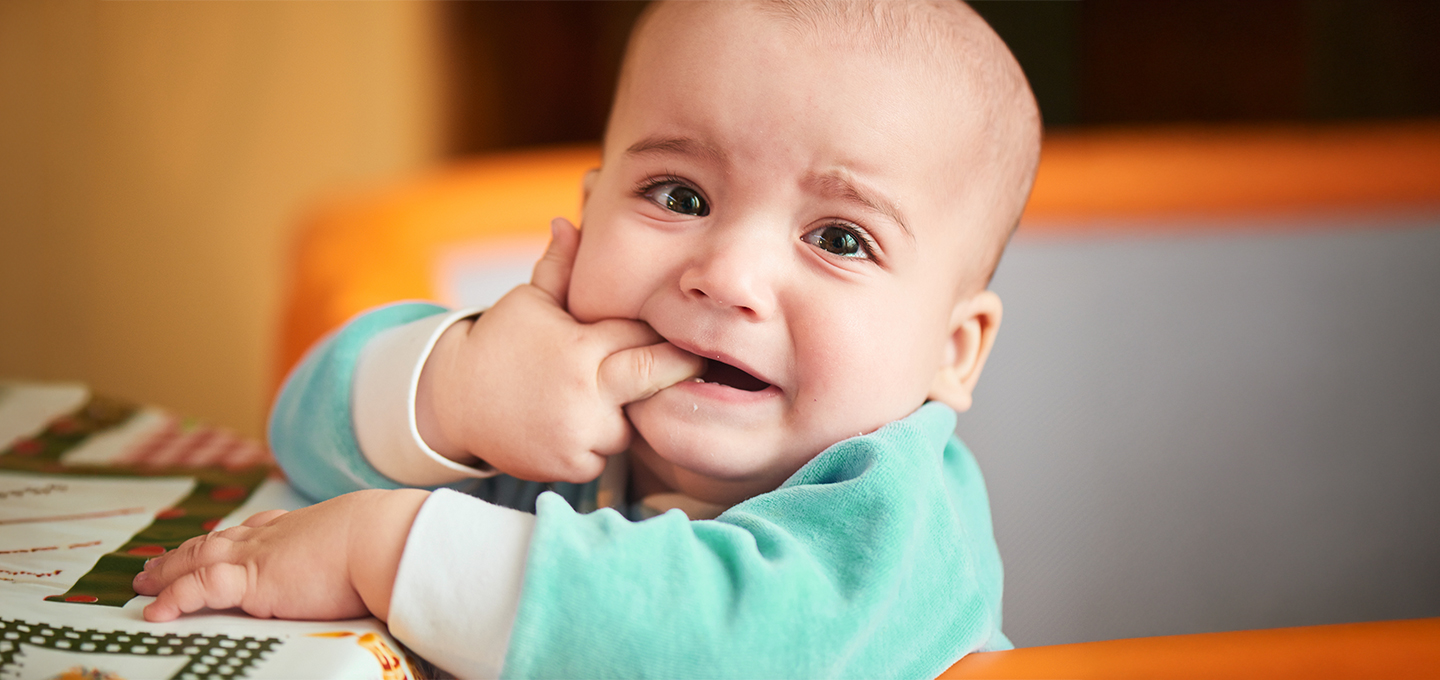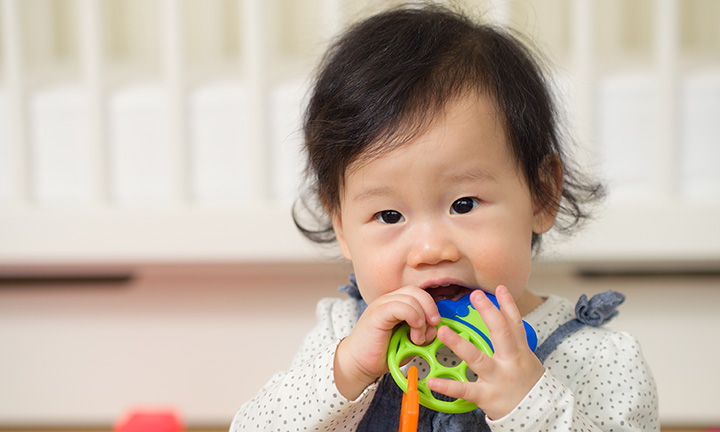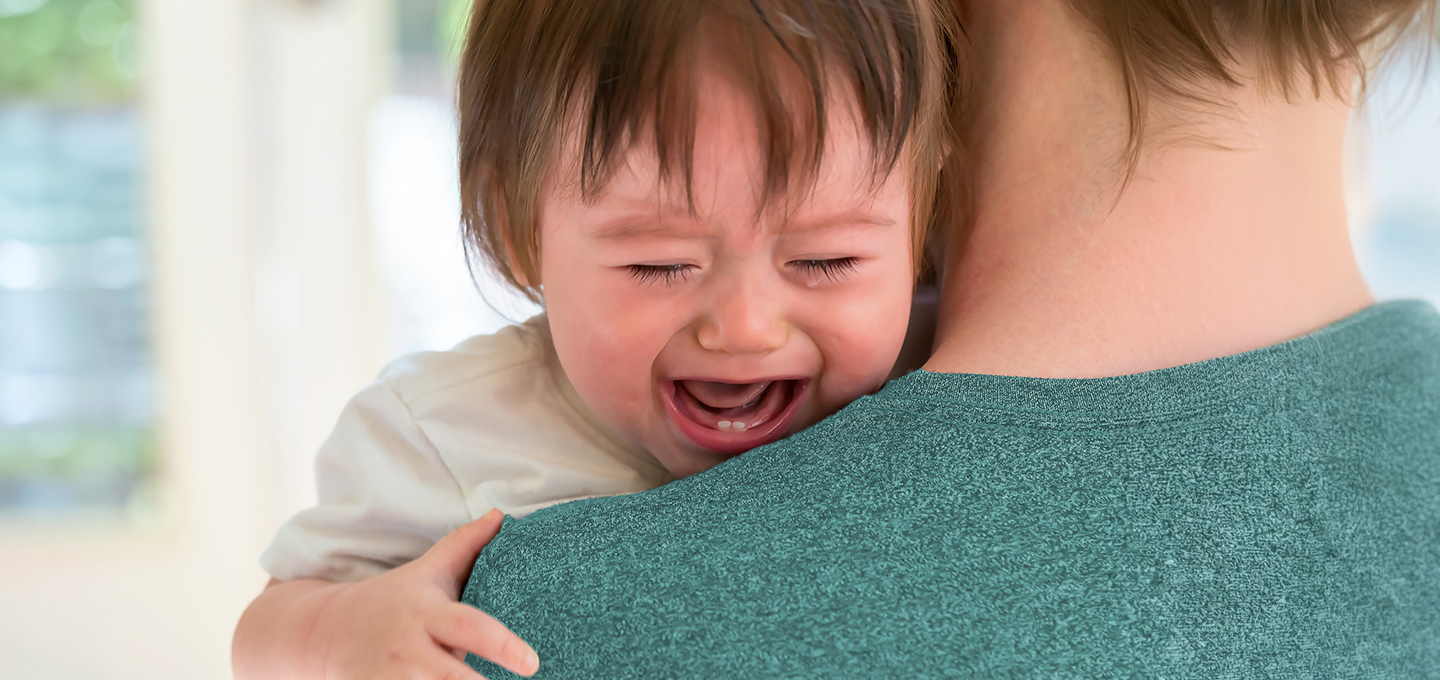
Can Teething Cause Diarrhea?


When your baby starts teething, it's natural to notice some changes in their behavior and physical symptoms. As a parent, you might wonder if there’s a connection between teething and diarrhea or if these two things often occur together by coincidence. While teething and diarrhea are common concerns, it’s important to understand what teething causes and what might be related to other factors.
Symptoms of Teething
You might notice a few common symptoms as your baby's teeth emerge. These may vary from one baby to another, but typically, teething symptoms include:
Does Teething Cause Diarrhea?
Despite common misconceptions, research indicates that teething does not directly cause diarrhea. However, some healthcare providers perceive that babies may experience changes in their bowel movements during this time, often due to increased saliva production, which may sometimes lead to looser stools. Diarrhea is commonly diagnosed as a sudden increase in the number (3 or more) and looseness of stools. Keep in mind that, diarrhea is usually not associated with teething. Causes of Diarrhea
If your baby has diarrhea, it’s always a good idea to monitor them and consult your baby’s healthcare provider to rule out the causes. Call your healthcare provider immediately if you see any blood in the diarrhea.
Can Teething Cause Dehydration or Vomiting?
Teething doesn’t cause vomiting or dehydration. If your baby is experiencing these symptoms, it could be due to an unrelated illness. Dehydration is a serious concern and might occur if your baby is losing fluids due to diarrhea or vomiting. It’s important to keep your baby hydrated and contact their healthcare provider if you notice any signs of dehydration, such as dry mouth, loose stools, fewer tears when crying, or urinating less frequently.
Does Teething Cause Fever?
There is a common belief that teething may cause a fever, but research indicates this is not usually the case. According to experts, any mild increase in temperature associated with teething usually stays below 100.4°F (38°C). If your baby is experiencing a higher fever, it is more likely due to an unrelated illness rather than teething. It's important to consult your baby’s healthcare provider to determine the cause of the fever, especially if it is accompanied by other symptoms such as diarrhea or vomiting. While teething may lead to discomfort and fussiness, a significant fever should always be taken seriously. For more information related to teething and fever check out our article.
What Does Teething Poop Look Like?
When babies are teething, some parents report noticing changes in their baby’s stool. If any teething poop occurs it might be slightly looser than usual, but it shouldn’t be watery or overly runny, which would indicate diarrhea. The color may vary, but it typically stays within the normal range of yellow, green, or brown. However, a significant change in the color, consistency, or smell of your baby's poop—such as sour-smelling poop—could be a sign of an underlying issue and not directly related to teething. If you notice any of these changes, it's best to consult your baby’s healthcare provider.
How Long Do Loose Stools Last When Teething?
If your baby experiences loose stools while teething, it's important to remember that teething itself is not usually the cause. If diarrhea does occur, it's essential to monitor the duration. Persistent diarrhea lasting more than a couple of days, or diarrhea accompanied by other symptoms like fever or vomiting, should prompt you to contact your baby’s healthcare provider to rule out other potential causes and ensure your baby stays hydrated. Call your healthcare provider immediately if you see any blood in the diarrhea.
How to Treat Diarrhea if it Happens While Teething
Although teething itself is not the cause of the diarrhea, it's important to manage the symptoms carefully. Here are some steps you can take:
When to Contact Your Healthcare Provider
Teething is usually associated with mild symptoms like drooling and fussiness, but more serious issues can indicate something other than teething. Contact your baby’s healthcare provider if you notice:
When in doubt, trust your instincts and consult your baby’s healthcare provider.
FAQS AT A GLANCE
Teething may lead to slightly looser stools due to increased saliva, but severe diarrhea is unlikely to be related to teething.
The Bottom Line
While teething may be challenging, understanding what’s normal and when to seek advice can help ease your concerns. If you’re looking for more ways to soothe your baby during teething, check out our guide for tips and explore the best teething toys that can make this phase more comfortable for your little one. Don’t forget to download the Pampers Rewards app to earn rewards on all your diaper and wipe purchases. Every step of your parenting journey can be rewarding!
- American Academy of Pediatrics. Caring for Your Baby and Young Child: Birth to Age 5, 7th ed. (New York: Bantam Books, 2019).
- Cleveland Clinic. “Diarrhea.”
- Cleveland Clinic. “Teething/Teething Syndrome.”
- Healthy Children. “Baby Teething Pain.”
- Healthy Children. “Diarrhea (0-12 Months).”
- Healthy Children. “Diarrhea in Babies.”
- Healthy Children. “Signs of Dehydration in Infants & Children.”
- Kids Health. “Diarrhea.”
- Mayo Clinic. “Diaper Rash.”
- Mayo Clinic. “Infant and Toddler Health.”
- National Library of Medicine. “Is Teething Associated with Diarrhea?”
Read more about Baby
Related Articles
Join a World of Support
through Pregnancy and Parenthood.
TRACK WITH TOOLS
LEARN WITH EXPERTS
GET REWARDED








